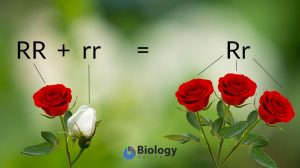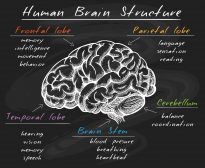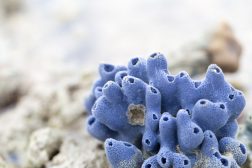Bleed
1. To emit blood; to lose blood; to run with blood, by whatever means; as, the arm bleeds; the wound bled freely; to bleed at the nose.
2. To withdraw blood from the body; to let blood; as, dr. A. Bleeds in fevers.
3. To lose or shed one’s blood, as in case of a violent death or severe wounds; to die by violence. Caesar must bleed. The lamb thy riot dooms to bleed to-day. (Pope)
4. To issue forth, or drop, as blood from an incision. For me the balm shall bleed. (Pope)
5. To lose sap, gum, or juice; as, a tree or a vine bleeds when tapped or wounded.
6. To pay or lose money; to have money drawn or extorted; as, to bleed freely for a cause. To make the heart bleed, to cause extreme pain, as from sympathy or pity.
Origin: oe. Bleden, as. Bldan, fr. Bld blood; akin to Sw. Bloda, dan. Blode, D. Bloeden, g. Bluten. See blood.
1. To let blood from; to take or draw blood from, as by opening a vein.
2. To lose, as blood; to emit or let drop, as sap. A decaying pine of stately size, bleeding amber. (H. Miller)
3. To draw money from (one); to induce to pay; as, they bled him freely for this fund.
Dictionary > Bleed
You will also like...

The Evolutionary Development of Multicellular Organisms
Multicellular organisms evolved. The first ones were likely in the form of sponges. Multicellularity led to the evolutio..

Dominance
This tutorial presents Gregor Mendel's law of dominance. Learn more about this form of inheritance and how it can be pre..

Stems
Stems primarily provide plants structural support. This tutorial includes lectures on the external form of a woody twig ..

The Conscious & Unconscious Nervous System
This tutorial elaborates on how the nervous system works, particularly at the tissue level of the brain. There are three..

Primitive Animals
Life, as we know it today, is presumed to have started in the sea and many of them were likely eukaryotic animal-like or..

Abiotic and Biotic Factors
This tutorial deals with the abiotic factors of the freshwater environment that determine what sort of life would be sui..

